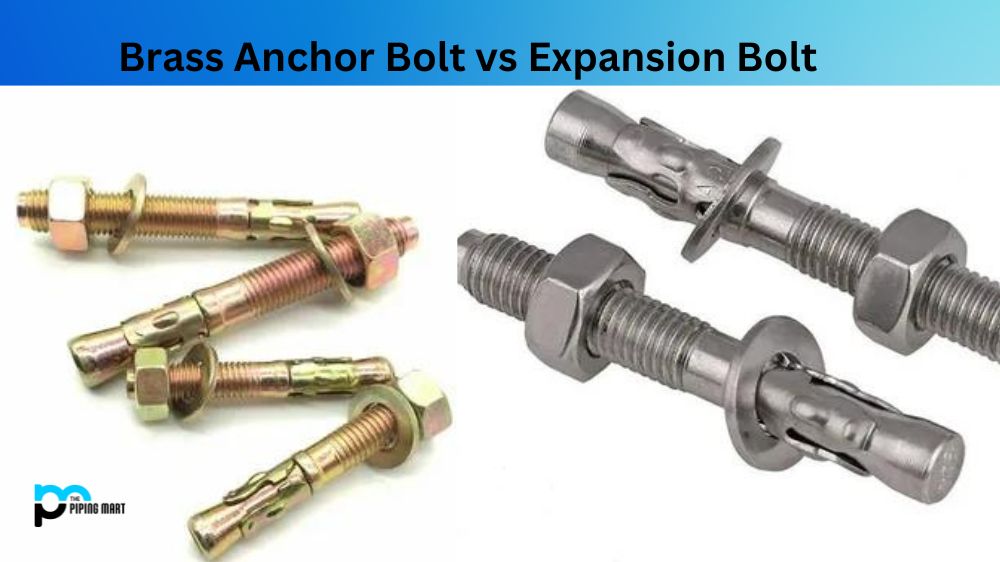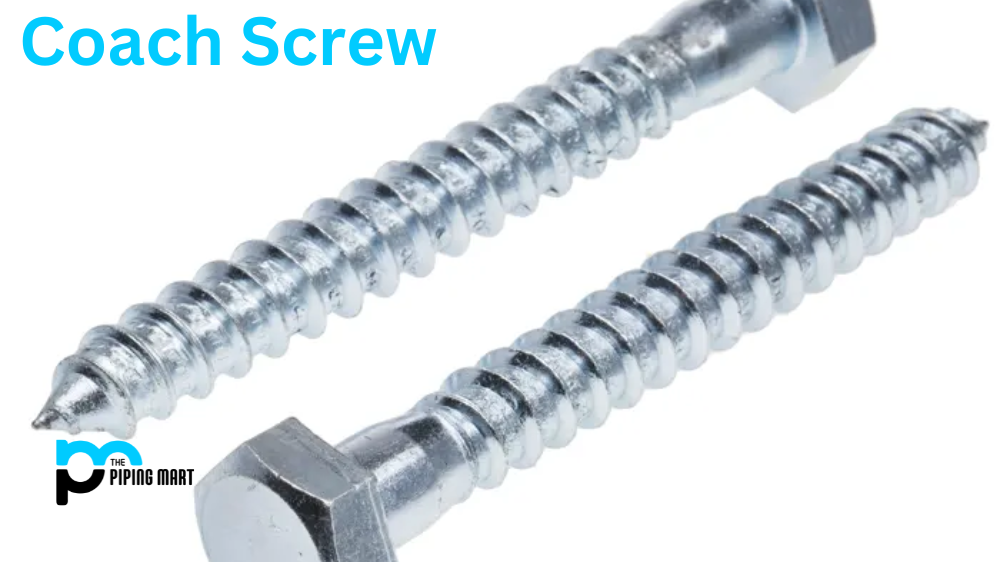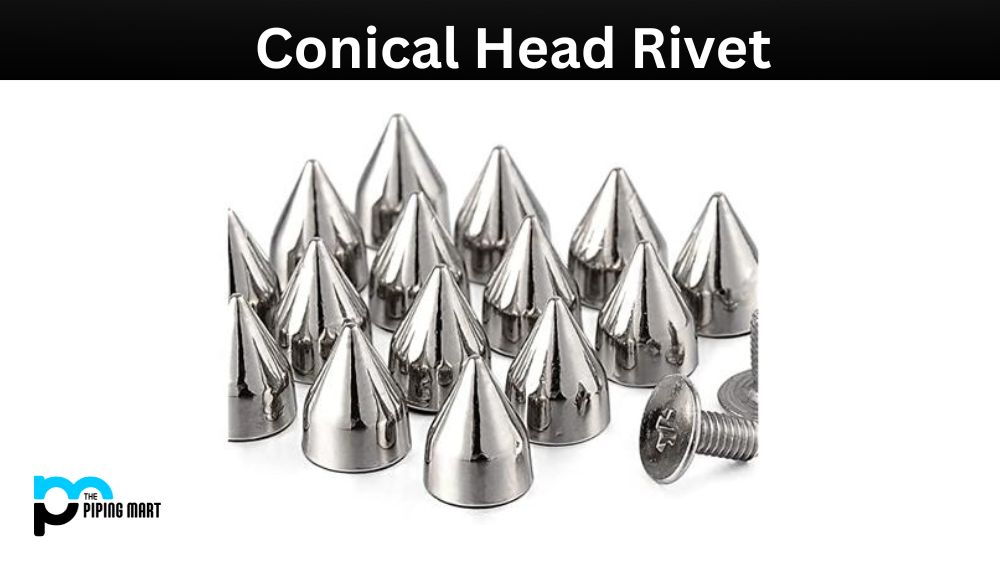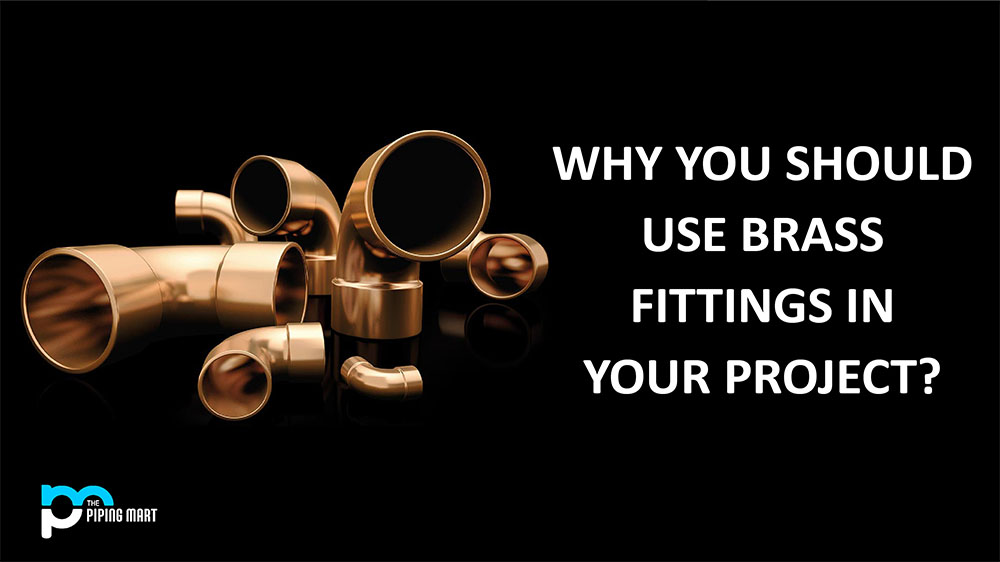Regarding securing materials, various fastener options are available, and two of the most commonly used are brass anchor bolts and expansion bolts. Both are designed to support heavy loads and provide reliable anchor points. But with each type differing in design and installation, it’s essential to understand their differences and know which is the better option for your project. In this blog post, we’ll look in-depth at the differences between brass anchor bolts and expansion bolts, including their construction, functionality, and applications.
What is Brass Anchor Bolt?
Brass Anchor Bolts are a type of fastening hardware used to secure objects or structures to concrete. They typically consist of a threaded shaft with an open-ended hook at one end and a sleeve anchor at the other. The sleeve anchor is inserted into pre-drilled holes in the masonry and then secured by tightening set screws or nuts onto the threaded portion of the anchor bolt. Once secure, these bolts offer superior strength and have construction, engineering, automotive repair, plumbing, and electrical work applications.
What is Expansion Bolt?
Expansion bolts are a fastener used for securing components or tools to masonry, brick, and concrete structures. They work by anchoring into the structure’s material using extra force from expanding wedges behind the bolt’s head. This makes them ideal for projects requiring maximum strength and tight connections, as expansion bolts provide an excellent hold in most materials. An added benefit is that they don’t require pre-drilling for installation!
Differnence Between Brass Anchor Bolt and Expansion Bolt
Construction:
Brass anchor bolts are made of brass, copper and zinc alloy. They can come in various shapes, designs, and sizes and have a threaded shaft inserted into a hole and fastened with a nut. On the other hand, expansion bolts have a cone-shaped end and a sleeve that expands when tightened. The expansion sleeve is made of plastic, nylon, or zinc-plated steel.
Functionality:
Brass and expansion bolts function as anchoring devices, but their mechanisms differ. The brass anchor bolt relies on the tension created when it is tightened, compressing the material around it and securing it in place. In contrast, expansion bolts create an anchor point by exerting outward pressure against the holes’ sides, increasing their holding capacity.
Load-bearing capacity:
The load-bearing capacity of brass anchor bolts and expansion bolts is crucial in selecting the most suitable option for your project. Brass anchor bolts have a lower holding capacity than expansion bolts and are best suited for light to moderate loads. On the other hand, expansion bolts are designed to support heavier loads and are suitable for use where a high load-bearing capacity is needed.
Installation:
The installation process varies for both types of bolts. Brass anchor bolts require a pre-drilled hole, then the bolt is inserted, and the nut is tightened. With expansion bolts, a smaller hole is drilled, the bolt is inserted into the hole, and the nut is tightened. The cone-shaped end expands as the nut is tightened, creating an anchor point.
Applications:
Regarding applications, selecting the appropriate type of bolt depends on various factors. Brass anchor bolts are best suited for projects such as hanging light fixtures, curtain rods, and small wall-mounted shelves. On the other hand, expansion bolts are ideal for heavy-duty applications, such as securing handrails, steel frames, and machinery.
Conclusion:
Both brass anchor bolts and expansion bolts are essential fastening solutions, but selecting the right one according to your project’s requirements is crucial. This blog post has helped you understand the differences between the two types of bolts, including their construction, functionality, and applications. Choosing the right bolt for your project ensures that your installations are secure, reliable, and long-lasting. Please contact your local fastening solution provider if you have any questions or require further guidance.

A passionate metal industry expert and blogger. With over 5 years of experience in the field, Palak brings a wealth of knowledge and insight to her writing. Whether discussing the latest trends in the metal industry or sharing tips, she is dedicated to helping others succeed in the metal industry.




